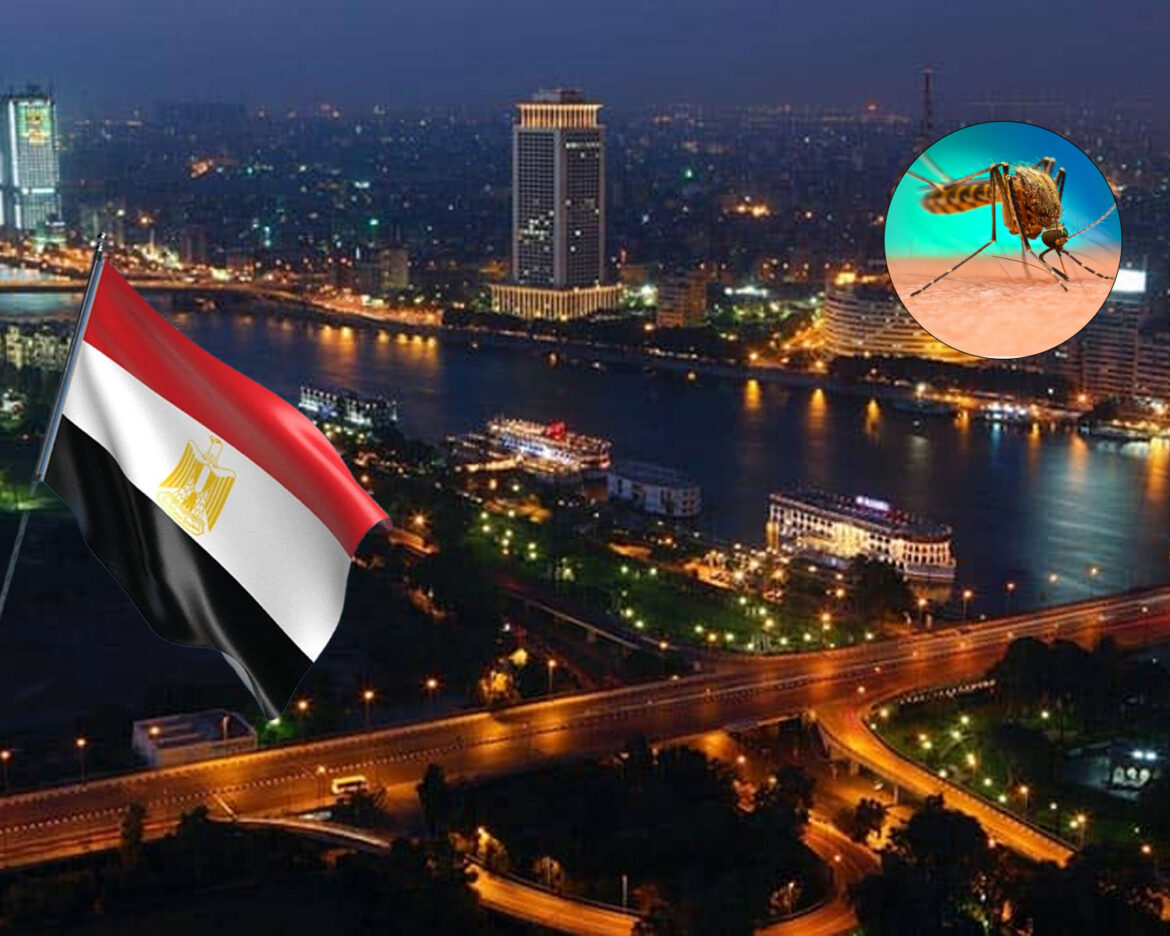In a landmark achievement, the World Health Organization (WHO) has officially declared Egypt malaria-free after a century-long struggle to eliminate the disease. The announcement marks a significant public health victory for Egypt, which has battled malaria since the early 20th century.
The eradication of malaria is a result of decades of sustained efforts in vector control, public awareness, and advancements in medical technology. Key strategies included nationwide distribution of insecticide-treated bed nets, indoor spraying, improved diagnostic methods, and the deployment of anti-malarial medications to vulnerable populations.
Dr. Hala Zayed, Egypt’s Minister of Health, hailed the achievement as a “historic milestone” for the country. “Our people have been fighting this disease for generations. Today’s declaration is a testament to the unwavering dedication of health professionals, scientists, and the communities who have worked tirelessly to ensure the eradication of malaria in Egypt.”
Egypt’s journey toward malaria eradication saw significant progress beginning in the mid-20th century when transmission rates were drastically reduced. By the 1960s, most of the country had already achieved control of the disease, but sporadic outbreaks continued to pose a challenge, particularly in remote areas and regions near the Nile River.
Through extensive collaboration with international health organizations, Egypt adopted integrated disease management programs and maintained strict surveillance systems. Over the past decade, Egypt reported zero indigenous cases of malaria, a key criterion for WHO’s certification.
With this achievement, Egypt joins the ranks of malaria-free countries in the Middle East and North Africa region. WHO’s Eastern Mediterranean Regional Director, Dr. Ahmed Al-Mandhari, praised Egypt’s accomplishment as a “beacon of hope for malaria-endemic nations globally.”
This milestone adds to Egypt’s broader efforts to improve public health infrastructure and respond to communicable diseases, positioning the country as a regional leader in disease prevention and control.



